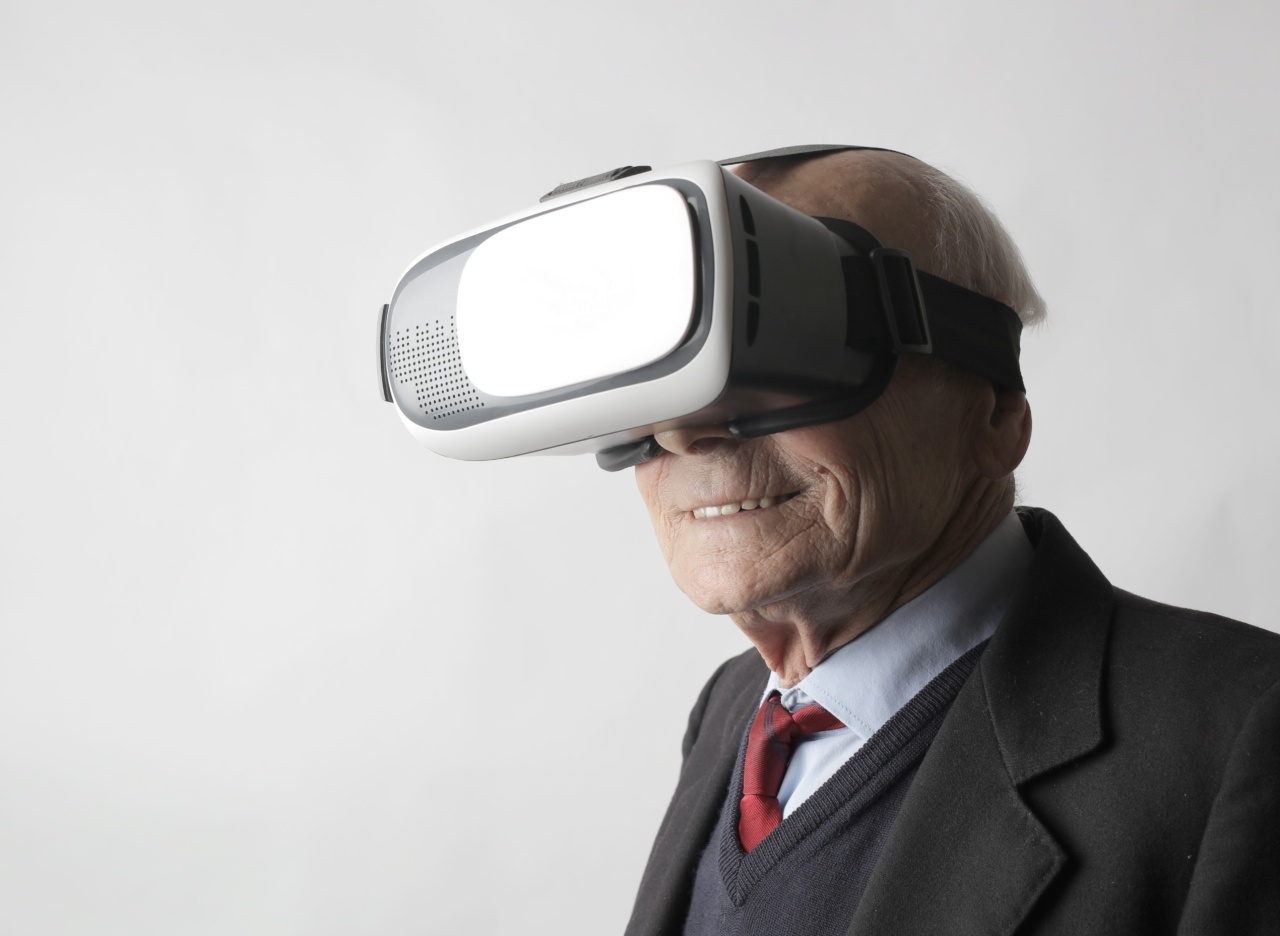Virtual reality (VR) has long been associated with entertainment and video games, but its applications have expanded to various fields, including healthcare.
In recent years, VR has become a promising tool for addressing mental health issues, particularly depression. Depression is a prevalent mental disorder that affects millions of people worldwide and is characterized by feelings of sadness, hopelessness, and loss of interest in pleasurable activities.
Traditional treatments such as therapy and medication can be effective, but they may not work for everyone. VR therapy is a relatively new alternative that is showing promise in clinical studies and has the potential to change the landscape of how depression is treated.
What is VR Therapy?
VR therapy is a form of cognitive-behavioral therapy (CBT) that uses a virtual environment to simulate real-life situations and events that trigger or worsen symptoms of depression.
The goal of VR therapy is to help patients confront their fears and negative thoughts in a controlled environment to reduce anxiety and improve mood. VR therapy may involve exposure therapy, where patients are gradually exposed to anxiety-provoking situations, or interactive activities that promote positive thinking and relaxation.
How Does VR Therapy Work?
VR therapy typically involves the use of a headset or goggles that display a 360-degree view of a virtual environment. Patients can interact with the environment using handheld controllers, voice commands, or body movements.
The virtual environment can be customized to fit each patient’s needs and preferences, with different scenarios, settings, and levels of difficulty. Patients can receive real-time feedback on their progress and work with a therapist to develop coping skills and positive strategies.
Benefits of VR Therapy for Depression
VR therapy has several potential benefits for treating depression:.
- Increased Engagement: VR therapy can be more engaging and immersive than traditional therapy, making it easier for patients to stay focused and motivated.
- Enhanced Realism: VR therapy can recreate real-life situations with high fidelity, providing patients with a more realistic and authentic experience.
- Controlled Environment: VR therapy provides a safe and controlled environment for patients to confront their fears and negative thoughts, reducing the risk of harm or relapse.
- Personalized Treatment: VR therapy can be customized to fit each patient’s individual needs and preferences, increasing the likelihood of success.
- Outcome Assessment: VR therapy provides therapists with objective data and feedback on patient progress, allowing for more effective assessment and treatment planning.
Research on VR Therapy for Depression
Several clinical studies have investigated the effectiveness of VR therapy for depression, with promising results:.
- A study published in the British Journal of Psychiatry found that VR therapy was effective in reducing depressive symptoms in patients with major depression and anxiety disorders. The study compared VR therapy to standard cognitive-behavioral therapy and found no significant differences in effectiveness.
- A study published in the Journal of Affective Disorders found that VR therapy was effective in reducing depressive symptoms in older adults with depression. The study compared VR therapy to group therapy and found that both treatments were equally effective.
- A study published in JAMA Psychiatry found that VR therapy was effective in reducing depressive symptoms in patients with treatment-resistant depression. The study compared VR therapy to treatment as usual and found significant reductions in depressive symptoms in the VR therapy group.
Limitations and Challenges of VR Therapy for Depression
Despite its potential benefits, VR therapy for depression also poses some limitations and challenges:.
- Cost: VR therapy can be expensive, which may limit its accessibility to patients who cannot afford it.
- Technical Issues: VR therapy requires specialized equipment and software, which may limit its availability and usability in certain settings.
- Side Effects: Some patients may experience side effects such as dizziness, nausea, or anxiety when using VR therapy, although these are usually mild and temporary.
- Lack of Research: Although there is growing research on VR therapy for depression, more studies are needed to evaluate its long-term effectiveness and safety.
Conclusion
VR therapy is a promising tool for combatting depression, offering a personalized and immersive approach to treatment.
Despite its limitations, VR therapy has shown to be effective in reducing depressive symptoms and may have a significant impact on how depression is treated in the future. As technology continues to advance and research on VR therapy expands, we can expect to see more innovative and effective ways to utilize VR for mental health treatment.





























